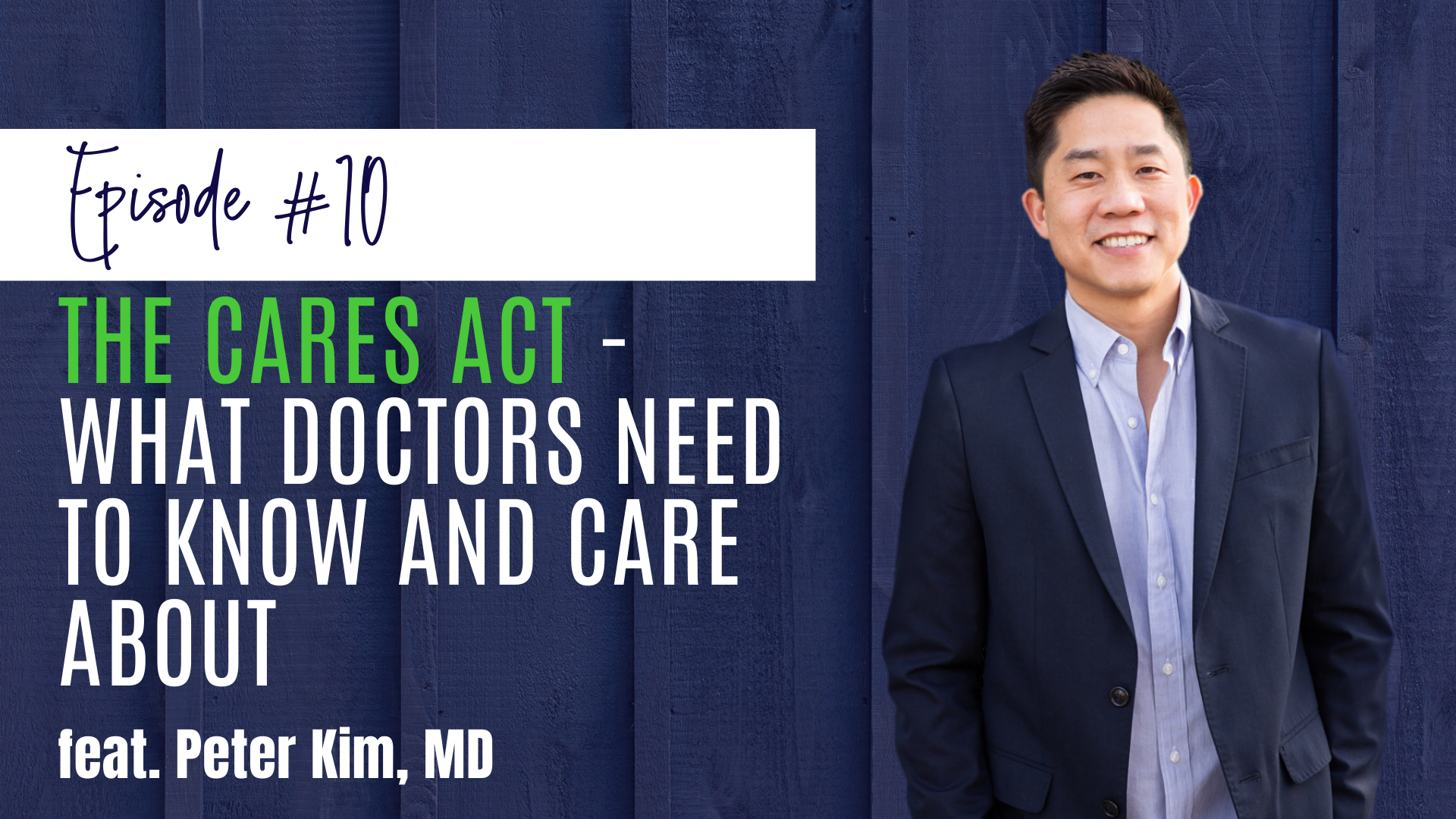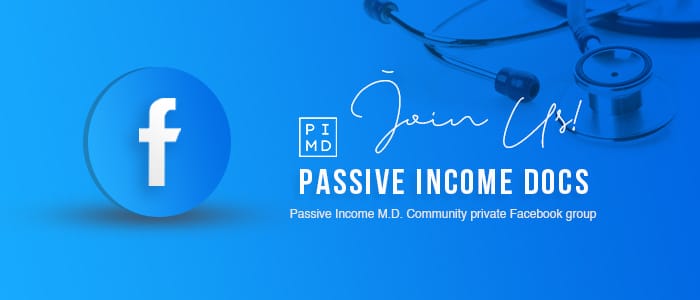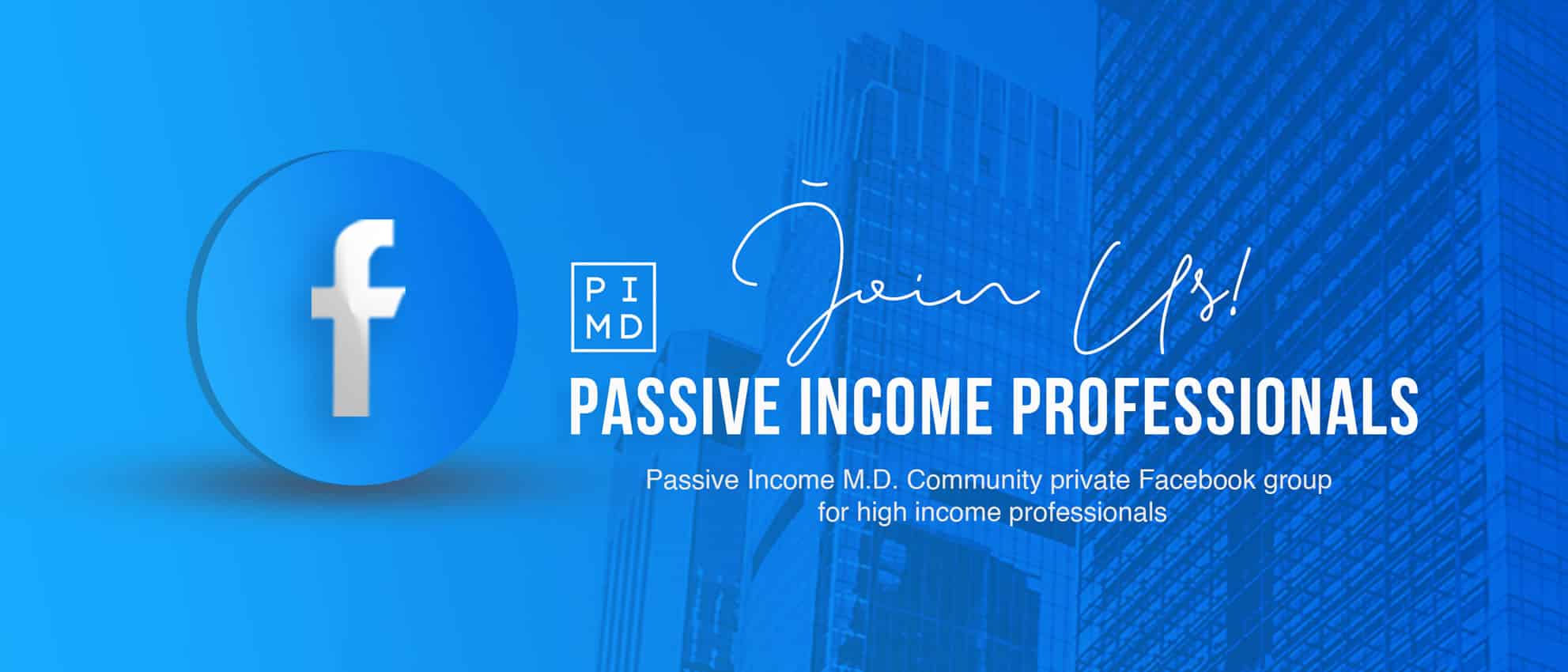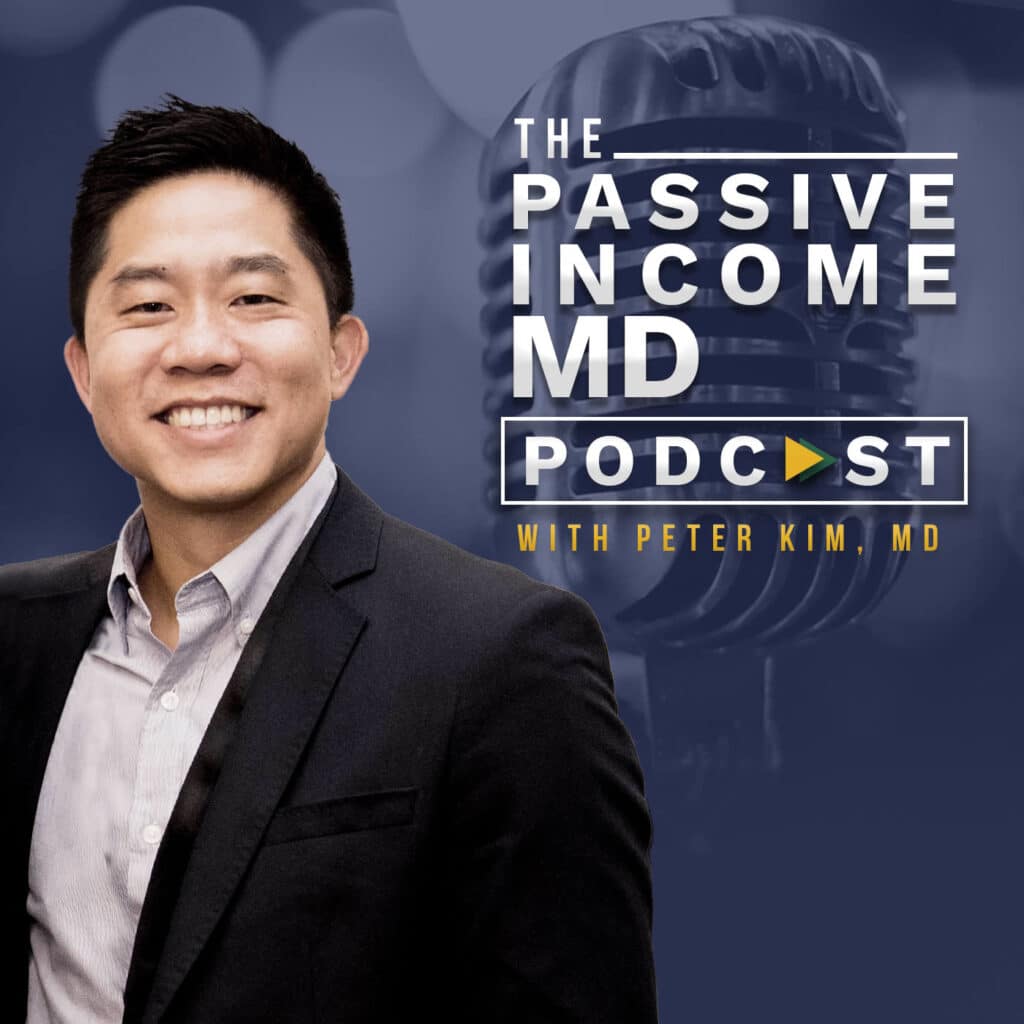
#10 The CARES Act – What Doctors Need to Know and Care About
We are facing a lot of challenges and stress right now.
Episode Highlights
We are facing a lot of challenges and stress right now.
Especially those physicians who own their own practice or businesses, and have the associated costs of running them.
I’m here to talk to you about the opportunities that will help you weather this storm. The $2 trillion Bill is allocated not only to individuals but also to small and big businesses. These apply to physicians (and everyone else in the country).
The question is what changes have been made, what help is available, and how can you apply for some of these things.
I’m not a tax or financial professional, which means you should consult one before when making financial decisions tailored to your own personal situation.
I hope that you can utilize these programs to your benefit. They’ll help you get to the other side of the pandemic!
- I talk about the CARES Act (the Coronavirus Aid Relief and Economic Security Act).
- We discuss individual checks and stimulus checks.
- There’s been a change in the amount that you can take out of your IRA and while you’re still responsible for the taxes, the amount of time you have to pay off those taxes has been extended.
- What if you’re a landlord and you have a federally backed multifamily loan? We look at your options.
- We delve into the emergency grant and how it applies to you as a small business owner.
Episode Breakdown
Hey, everyone, hope you’re having a great week in spite of all the challenges, if you haven’t heard it enough, I just want to say thank you for doing all that you’re doing, essentially risking your lives during this whole pandemic. Try to do my part to bring any information that I can to you that will enhance what’s going on for you in terms of your life.
So the first topic I want to talk about is these individual checks and these stimulus checks. This is something that I’ve never seen happen before. I guess it’s happened before in the past, but the government is essentially sending out checks as a stimulus. It’s essentially a rebate check on your 2020 taxes, but in So it’s just basically free cash. Not everyone gets it, however, so only certain people qualify.
Now, there are two major changes that people need to know the number one has to do with withdrawing money from your IRA. Now, in the past, if you want to take an early withdrawal, you have to pay a 10% early withdrawal penalty. Not only do you take the 10% early withdrawal penalty, but you are responsible for the taxes when it comes out right and that’s taxed at your ordinary-income tax that hasn’t changed.
They say it’s available for people that are affected by the coronavirus. Either you got it, your family got it, or somehow you were financially impacted by it. And my guess is that pretty much everybody is. Now for most of you, the downside to this is that a lot of your money in your retirement accounts is probably not sitting in cash. It’s probably sitting in some sort of public equities like a stock or mutual funds. So you would have to actually sell it, to get that cash to be able to withdraw it.
What if you’re a landlord and you have a federally backed multifamily loan, whether there’s some forbearance, and it sounds like there are some options for you, there’s a 30-day forbearance which can be extended another 60 days, especially under certain conditions.
Now there are two major loans to consider and talk about here. There’s a small business association, economic injury disaster loan, otherwise known as EIDL. And there’s something known as the paycheck Protection Program.
The most interesting part of this whole loan is something called the emergency grant. Now that’s potentially available to you as a small business owner, and it comes in the form of a $10,000 forgivable loan. And that can be used for immediate operating costs, as some of the things we mentioned, like sick leave, your payroll, any sort of fixed debts or accounts payable.
Now, I know a lot of you who are listening to this still have a significant amount of student loans. I mean, the average is $200,000. For the average physician coming out, but we all know many physicians if you’re not one of them, has way more than that. Well, the cool thing is now all loan and interest payments for a federally owned student loan or federally backed student loan, those payments are now deferred through September 30, 2020. Now, I know a lot of people have been asking, man, I already refinance my loan with a private lender. So does it apply to me?
And, if you haven’t done so already, let me know what you thought of this episode in one of our Facebook groups: Passive Income Docs or Passive Income Professionals

To learn more, check out our blog about the CARES Act here.
Subscribe & Review in iTunes
Hey there – are you subscribed to my podcast? If you aren’t, please show your support of the show by doing so now. I don’t want you to miss a beat, so if you’re not subscribed, there’s a good chance you’ll miss out on those. Click here to subscribe to iTunes!
If you’re one of our super special followers, I would be really appreciative if you also left me a review over on iTunes. Those reviews help other people find my podcast. Why not spread the insight to help other physicians and professionals on their passive income journey? Just click here to review, select “Ratings and Reviews” and “Write a Review” and let me know why you enjoy the show so much. Thank you!
OTHER WAYS TO ENJOY THIS POST:
Download a Transcript (coming soon!)
Download on iTunes




